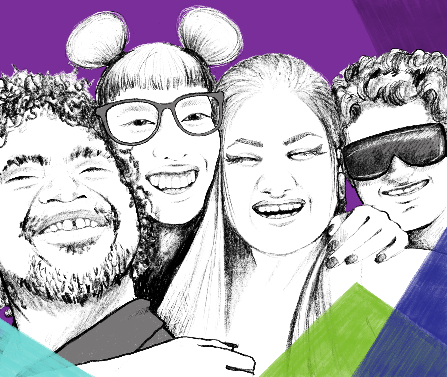Gender Diversity and Autism
This page was compiled by Kai Ash (he/him), a trans autistic writer interested in gender and neurodiversity – Member of the ASAN-AUNZ User Led Design Group.
Books on Being Trans and Autistic
Many of these books are available to borrow through either state or local libraries, which you can usually join for free. For example, several are available in eBook format from State Library Queensland (https://www.slq.qld.gov.au/).
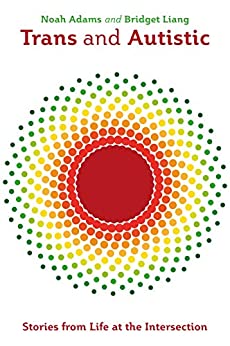
Noah Adams & Bridget Liang (2020) Trans and Autistic: Stories from life at the intersection. London, UK: Jessica Kingsley Publishers.
PROS: A wide array of testimonies from people who are both trans and autistic.
CONS: The testimonies are written up in a transcript-like style, which can make them hard to read and ‘samey.’ That is, instead of each testimony being written in a distinctive way, to reflect the different voice of the person giving their testimony, they are all written in the same way.
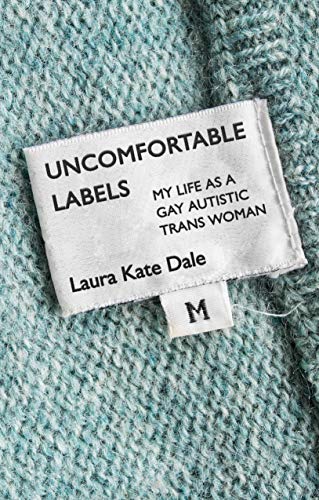
Laura Kate Dale (2019) Uncomfortable Labels: My life as a gay autistic trans woman. London, UK: Jessica Kingsley Publishers.
PROS: An interesting memoir by a gay trans autistic woman, following her life from childhood to the present.
CONS: The book could benefit from some more editing.
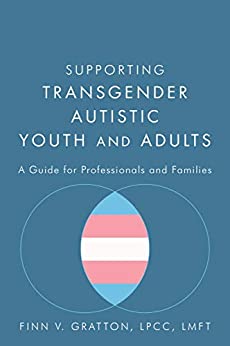
Finn V. Gratton (2020) Supporting Transgender Autistic Youth and Adults: A guide for professionals and families. London, UK: Jessica Kingsley Publishers.
PROS: A well-researched overview of trans autistic lived experiences, including both common challenges and how best to support trans autistic people. Each chapter includes a list of useful resources for further reading.
CONS: It is not written for a trans autistic audience but rather for professionals and families of trans autistic people.
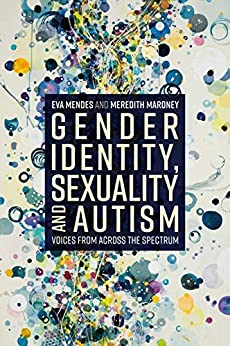
Eva A. Mendes & Meredith R. Maroney (2019) Gender Identity, Sexuality and Autism: Voices from across the spectrum. London, UK: Jessica Kingsley Publishers.
PROS: A wide array of testimonies from people who are autistic and on the LGBTIQA+ spectrum, including several trans and non-binary people. The testimonies are written in the first person and include useful subheadings to help with navigation.
CONS: It includes the entire LGBTIQA+ spectrum, not just trans people. Also, the academic style may not be for everyone.
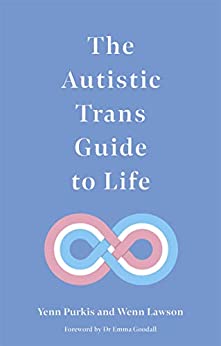
Yenn Purkis & Wenn Lawson (2021) The Autistic Trans Guide to Life. London, UK: Jessica Kingsley Publishers.
PROS: The book is written for a trans autistic audience by Australian-based authors. It is informative and provides good advice on many different subjects, including self-advocacy and medical gender affirmation.
CONS: The book includes a few claims about sex and its influence on our behaviour that are not well supported by the evidence cited.
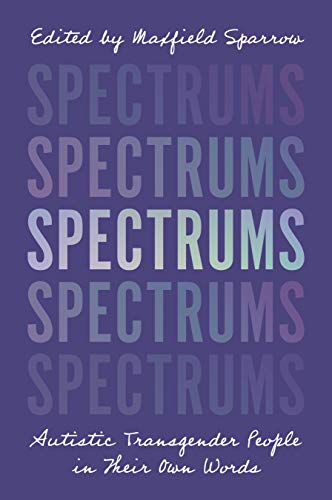
Maxfield Sparrow (editor) (2020) Spectrums: Autistic transgender people in their own words. London, UK: Jessica Kingsley Publishers.
PROS: A collection of personal essays by autistic transgender people from around the world. It includes memoir and poetry.
CONS: This is not the sort of book that you can explore by subject matter. Each essay is written by a different person, and the titles don’t always give a good indication of what to expect within.
General online resources on being Autistic and LGBTIQA+
Reframing Autism have released an affirming position statement on Autistic-LGBTIQA+ identity at https://reframingautism.org.au/kicking-goals-finding-myself-and-community-through-gender-inclusive-footy/
Aspect Australia (Autism Spectrum Australia) has compiled a handy page of LGBTIQA+ related information and resources at https://www.autismspectrum.org.au/about-aspect/diversity-inclusion/lgbtqia
MyWAY Employability (Autism CRC) has compiled a handy page relevant to Autistic LGBTIQA+ people in the workforce https://www.mywayemployability.com.au/resource/being-lgbtiqa-autistic
Twainbow is a US-based, Autistic-led LGBTIQA+ organisation that engages in advocacy, as well as maintaining a presence on social networking sites for adult members to connect with one another and share their experiences: https://www.twainbow.org/
Spectrum Intersections is a Neurodivergent-led LGBTIQA+ support group based in Melbourne: https://www.spectrumintersections.org/
General online resources that are trans specific:
Trans Hub is an excellent starting point for Australian-specific trans-related information: https://www.transhub.org.au/ Though it is NSW-based, most of the information is applicable Australia-wide. Several of the articles have also been translated into Auslan.
Minus18 (an Australian trans youth organisation) has produced a video called “Trans 101 – The Basics” on youtube. It has closed captions (CC) and is a great introduction to basic trans-related vocabulary in video format. The video is embedded below, it can also be found at https://www.youtube.com/embed/-3ZzpTxjgRw.
Trans-specific online communities:
Australian-based Trans Reddit:
There is a good Australian-based trans subreddit at https://www.reddit.com/r/transgenderau/ that you can access and read without a Reddit account. But remember that Reddit can be a very negative place, and sometimes people lie online, so be careful as you explore it.
Trans Facebook groups (Australian):
Because many trans people are also autistic, many trans Private Groups on Facebook are autistic-friendly.
Trans groups are often divided into trans-masculine groups, trans-feminine groups, and non-binary groups, though some include all trans and gender diverse people.
If you have no idea where to start, a good option is to join Trans Pride Australia – Trans Only Group(https://www.facebook.com/groups/TPAtransonlygroup). This is a Private Group that is separate from the Trans Pride Australia Community Group (https://www.facebook.com/transprideaus).
To join Trans Pride Australia – Trans Only Group, click “Join Group.” Questions will pop up that you need to answer. Type in your answers and press “Submit.” Moderators will review your answers and then either accept you into the group, or not. While this can be a stressful process, it is important. The more carefully moderated a group is, the more likely it will be a good space for you.
Sometimes, you will join a group that you later decide is not for you. That’s ok, just leave the group.
Groups can also give you information about other good groups you may like to join. For example, if you join a general national trans group, you could ask for recommendations for a more local group. Or you may want a group that aligns more closely to your identity, e.g. a non-binary group rather than a general trans one, or a group specific to your ethnicity or religious background. Before asking your question, it is a good idea to search the group for previous posts that may have already answered it.
Take care online:
It is an unfortunate fact that online trans groups and communities are sometimes targeted by nasty people.
ACON and Trans Pride Australia have created a useful guide on keeping safe on Facebook and Instagram at https://www.acon.org.au/wp-content/uploads/2020/02/ACON-Facebook-Instagram-LGBTQ-Guide.pdf
You may also come across racial bias. Many Australian groups are dominated by white people and, sometimes, white people are unwilling to discuss race, ethnicity or religious group because they don’t think those subjects are relevant to gender or neurodivergence (this is part of what we call ‘white privilege’). In other words, some white people don’t understand how race, ethnicity or religion influences our experiences as trans and autistic people.
This can be very difficult to deal with if it happens to you and sometimes the best thing you can do to protect yourself is to leave the group. This is unfair and wrong, but your own mental health is more important than educating others.
Look after yourself first and take care.




